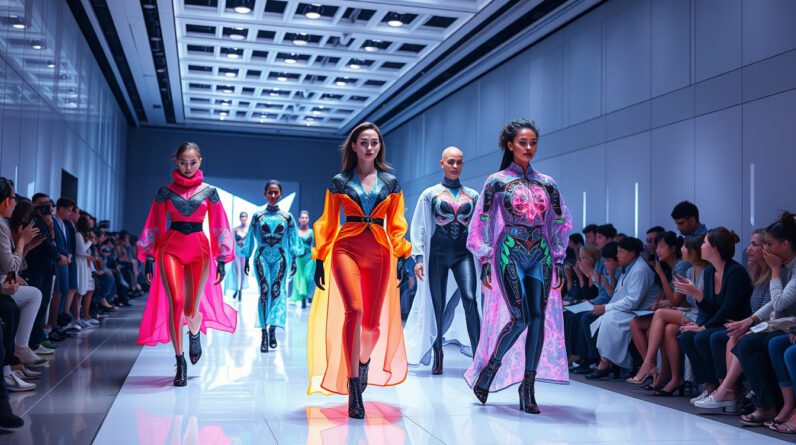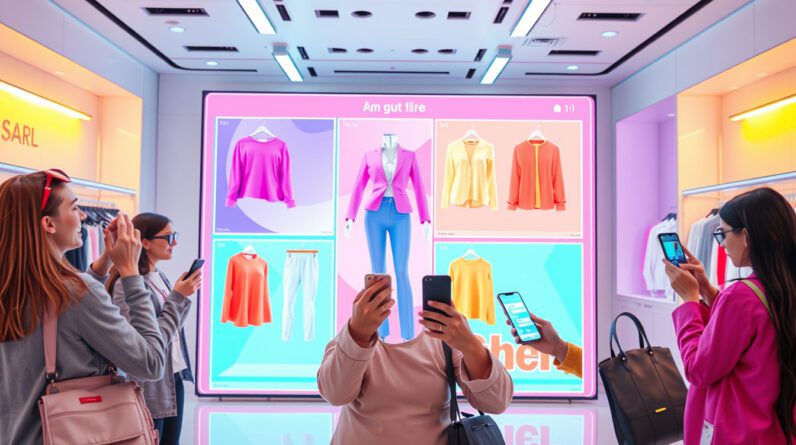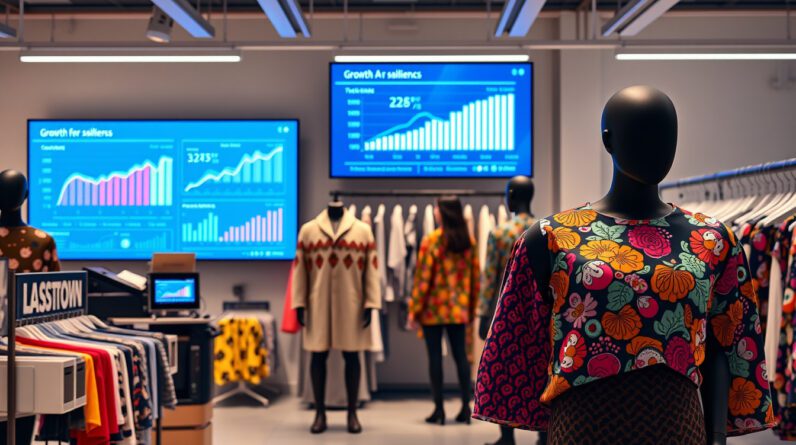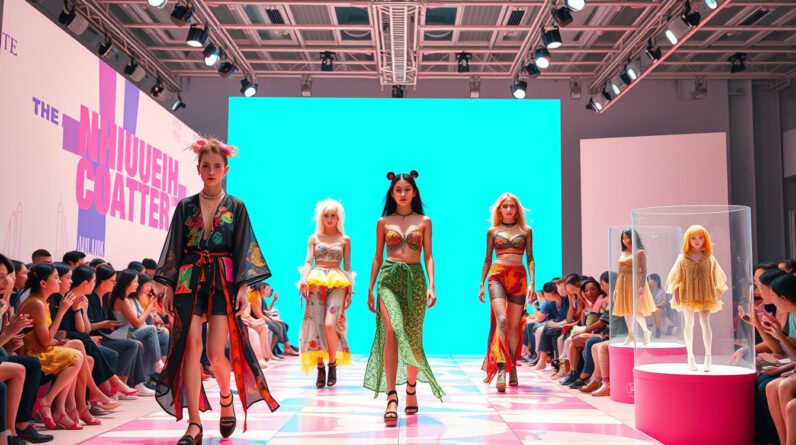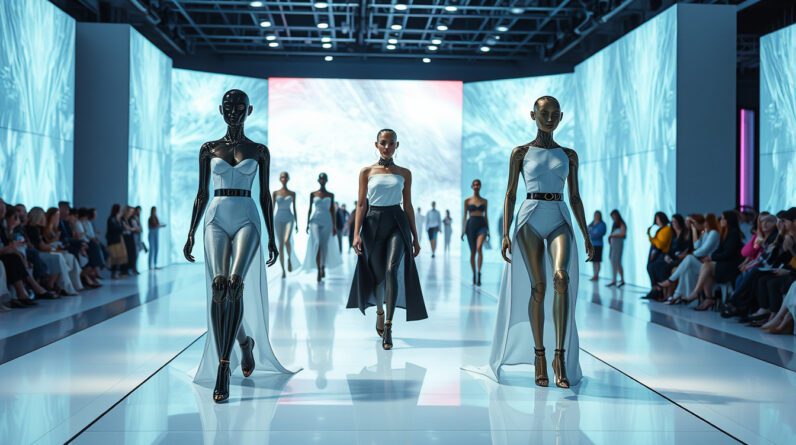
H&M to Employ Digital Clones of Models in Advertising
Introduction of AI in Fashion Advertising
Fashion retailer H&M will use AI to make digital twins of 30 models. The plan puts these AI clones in social media posts and ads. The models must first give their permission. The news sparks a debate on how this tech may change fashion.
H&M’s Vision for Digital Representation
Jörgen Andersson, H&M’s head of creative work, said the firm wants to try new ways to show its clothes with this tech. "We want to show our fashion in fresh ways and use new tech while keeping a personal style," he said. Even with a focus on people, many worry this plan can hurt jobs for models, photographers, and make-up artists. Influencer Morgan Riddle called the move poor and said on Instagram, "Shame to see jobs on set get lost."
Understanding Model Rights and Compensation
H&M says that models keep control over their digital image. The firm plans to mark the images with watermarks so that viewers know the pictures are AI-made. The models will get payment like they do now, as agreed with their agents. Paul W Fleming of the trade union Equity said, "Models must have control over their image and fair pay." He added that fast growth in AI use may hurt job rules and called for new laws to protect work rights.
Industry Context and Broader Concerns
H&M’s plan fits trends seen in fashion. Brands like Hugo Boss and Levi Strauss now use AI for product images to speed work and add variety. Levi said it will not stop using live photo sessions because of worries about job loss. AI stirs questions about its role in photography, styling, and production. Digital twins may bring faster content work and cut travel needs. Model Mathilda Gvarliani noted, "My digital twin shows my look without the jet-lag."
Conclusion
AI now reaches many parts of business. As its use grows, talks on ethics and jobs will also grow. H&M pushes new tech while many in fashion ask for stronger rules. In a time of fast change, the industry must find a mix that keeps creative work and protects jobs.

